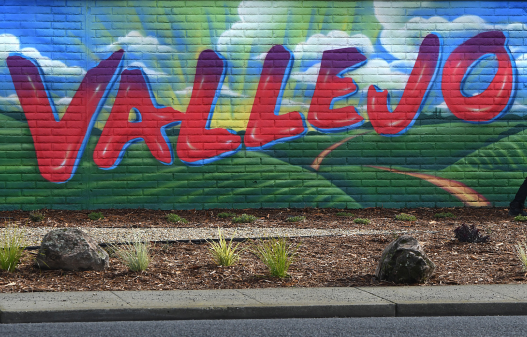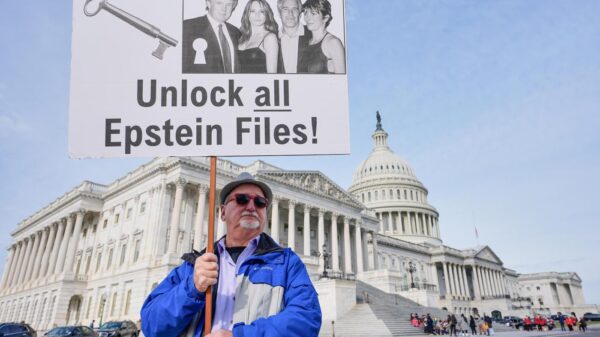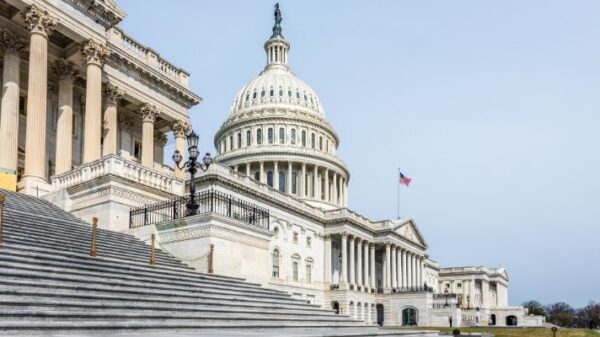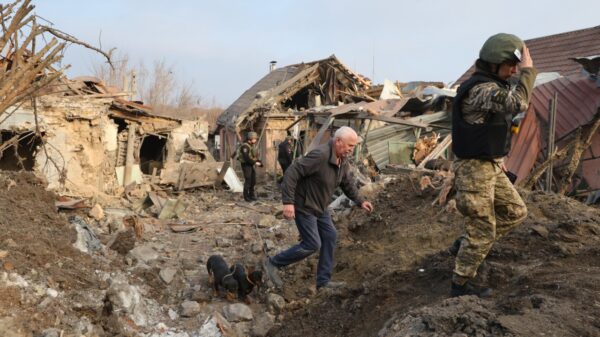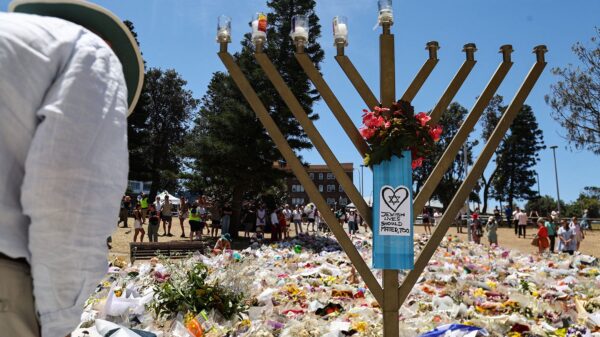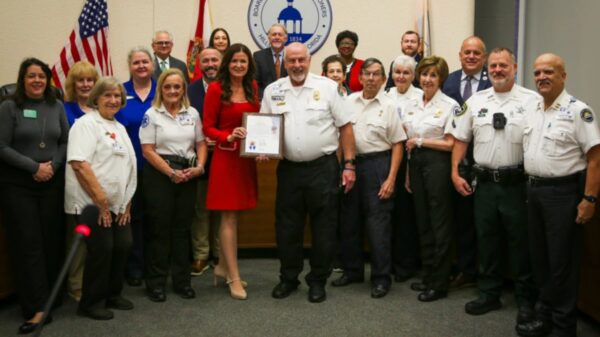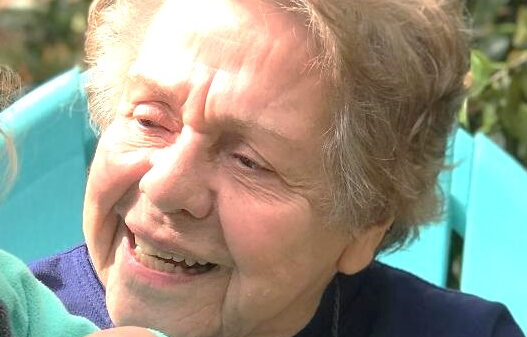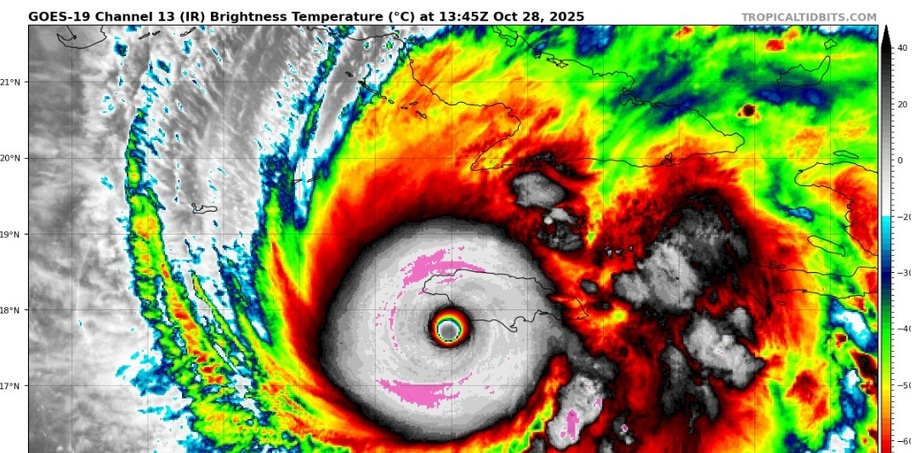Hurricane Melissa made landfall in Jamaica on October 29, 2025, as the strongest storm in the island’s recorded history. This Category 5 hurricane, with winds reaching up to 185 mph (295 km/h), unleashed its fury, leaving a trail of destruction across the nation and resulting in significant loss of life and property. The storm had already wreaked havoc on neighboring Haiti and Cuba, but its impact on Jamaica has been particularly severe.
Prime Minister Andrew Holness swiftly declared the country a “disaster area,” as local authorities began assessing the widespread damage. Reports indicate that at least 14 people have died, with the death toll expected to rise as recovery efforts continue. In a statement, Education Minister Dana Morris Dixon described the devastation, saying, “The entire Jamaica is really broken because of what has happened.”
Widespread Damage and Ongoing Relief Efforts
Meteorologists confirmed that only six other Atlantic storms have matched the intensity of Hurricane Melissa since record-keeping began. Local government officials, including Minister of Local Government and Community Development Desmond McKenzie, reported that over 170 communities across six parishes faced moderate to severe damage.
Shelters have been set up for more than 13,000 residents who have been displaced. Currently, approximately 72% of the island remains without power, and only 35% of mobile phone towers are operational. Many residents are struggling to access basic necessities, forming long queues at the few gas stations and supermarkets that are still open.
Drone footage has revealed the extent of the destruction, particularly in areas like Lacovia, where homes lie in ruins, roads are submerged, and power outages persist. As the nation grapples with the aftermath, international aid has begun to arrive. The World Central Kitchen, alongside local volunteers, has mobilized to provide meals to those affected, delivering thousands of hot patties, a beloved local dish.
A Community Response and Recovery Initiatives
In the face of adversity, the Jamaican community has begun to come together to support one another. Notable figures, including dancehall superstar Shaggy, have joined in efforts to provide emergency relief. The Government of Jamaica has launched an official platform to coordinate relief and mobilize support, inviting citizens and international donors to contribute to recovery efforts.
The situation in Jamaica is dire, with many families struggling to salvage their belongings in the wake of the hurricane. Residents have voiced their shock at the extent of the damage, with one local, Jennifer Small, stating, “I never see anything like this before in all my years living here.”
As recovery efforts ramp up, the resilience and spirit of the Jamaican people remain a source of hope. The nation is determined to rebuild and recover from this unprecedented storm, drawing on its rich cultural heritage and the strength of its community.
In these challenging times, the outpouring of support from both local and international communities will be crucial as Jamaica charts its path forward in the wake of Hurricane Melissa.

